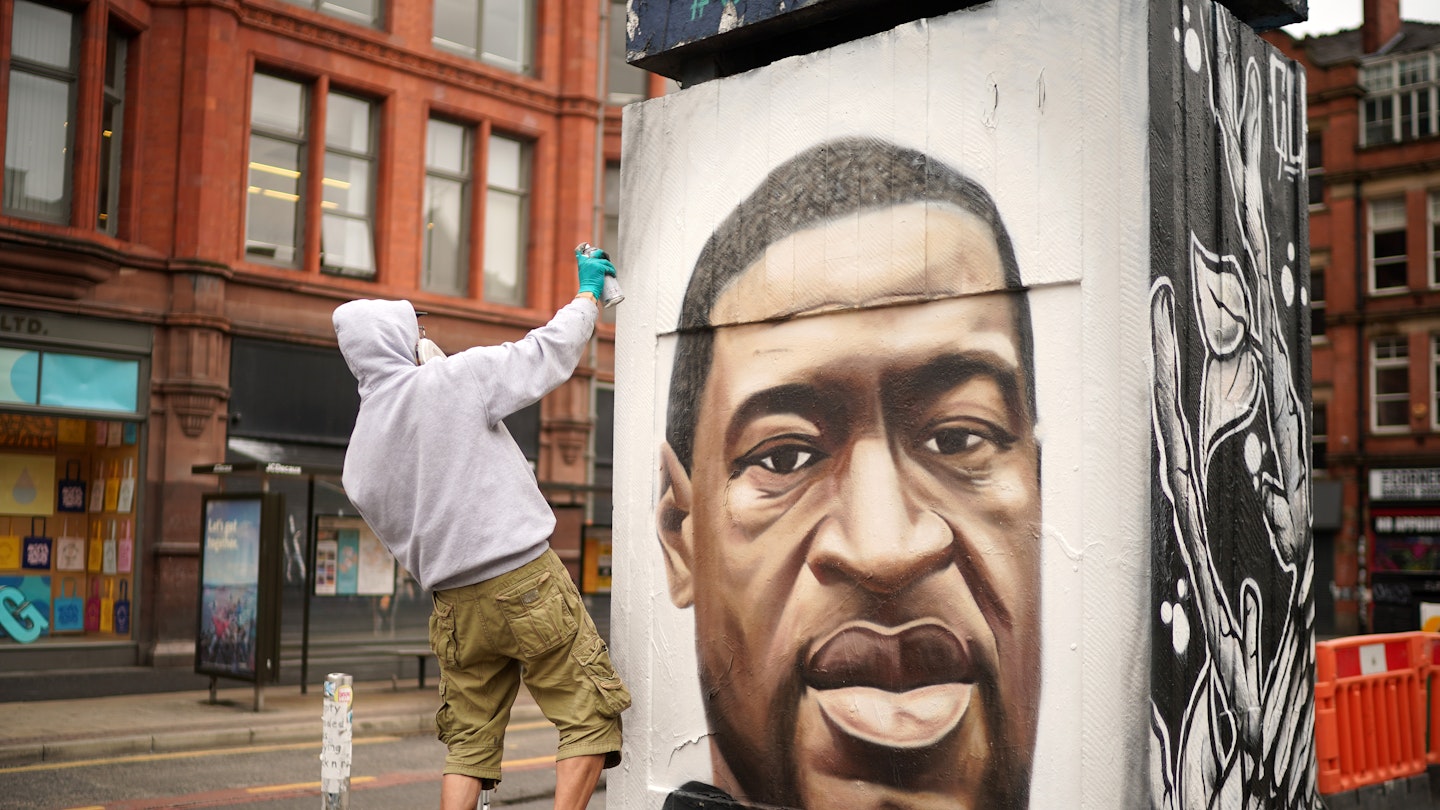For the first time, I feel like I've finally had permission to speak, and for once people might be ready to listen. I can't possibly address everyone's nuanced experiences of racism, but as a black woman, I can share mine.
The brutal injustice of George Floyd's death has lifted the thin veil of systemic institutionalised racism. The disturbing image of the police officer with his knee on George's neck as he lay on the pavement dying, draws comparison to the Malcolm X quote, 'That's not a chip on my shoulder that's your foot on my neck'. That image is a visceral representation of what the black community have been feeling for generations. It has forced us all to look at racism and oppression at the grassroots level, as it's in the small quiet and consistent moments that also erodes and suppresses minorities every day all over the world.
As a wife, a daughter, a sister, I have a 360 view on more casual everyday racism. Be it sitting in the car with my husband and getting pulled over by armed police and stopped and search because he matched a 'description'. The same description he has been 'matching' since the age of 13. Or having to research if a country or specific area is racist before booking a holiday, to being followed by security guards when shopping, or listening to throw-away comments like, 'All blacks love fried chicken'.
Worse still are the countless media representations of black men as hypersexualised, aggressive, criminal and violent. These depictions serve to constantly dehumanise and juxtapose black men as ‘other’. These microaggressions chip away and over time I've desensitised myself to it. However, by doing so, I've been complicit and become part of the problem by not actively using my voice to educate others.
I see the faces who land covers and commercial deals effortlessly and how much harder it is for people of colour to land the same opportunities
I have built a successful career and part of that I have to put down to code-switching and leaving part of my true authentic self at the door. I've had to internalise comments like, 'Black girls don't sell covers' or witnessing how the successes of BAME people are often minimised with comments like, 'She only got that job to tick a box.' The subtext being, the talent didn't earn the opportunity to be there, thus diminishing their worth and value.
The notion that people of colour have to work twice as hard to get half as far is bitterly apparent in the creative sphere I inhabit, particularly when it comes to photographers, creative directors, designers, and talent. I see the faces who land covers and commercial deals effortlessly and how much harder it is for people of colour to land the same opportunities. The reasons are covert but the disparity is so clear, like Tyler Mitchell, a 23 year-old from Atlanta who became the first African-American photographer to shoot a Vogue cover in the magazine’s 125-year history in 2018.
We all need to educate ourselves and outline support through quantifiable actions. As creatives, we have the privileged opportunity to help shape culture, to push new narratives that represent the diverse communities we want to talk to. We need to ask more from our brands. There is a degree of responsibility when brands actively insert themselves in culture and want to be woven into the tapestry of our everyday lives. Do their internal structures reflect BAME representation at a leadership level or are representation quotas satisfied via superficial optics?
2020 is a defining year, we’ve learned to adapt and change in a global pandemic and now we need to continue that progression and evolution. Progress is equality for all; it's not just about the black community; it's looking through a broader lens which includes all of the other oppressed and underrepresented groups. As Angela Davis said, in a racist society it is not enough to be non-racist, we must be anti-racist.
@JORDANJCMITCHELL #PERMISSIONTOSPEAK
READ MORE: Black Lives Matter: How To Protest In The UK Safely
READ MORE: Why Posting A Black Square On Instagram Isn’t Enough
What to watch to educate yourself about racism
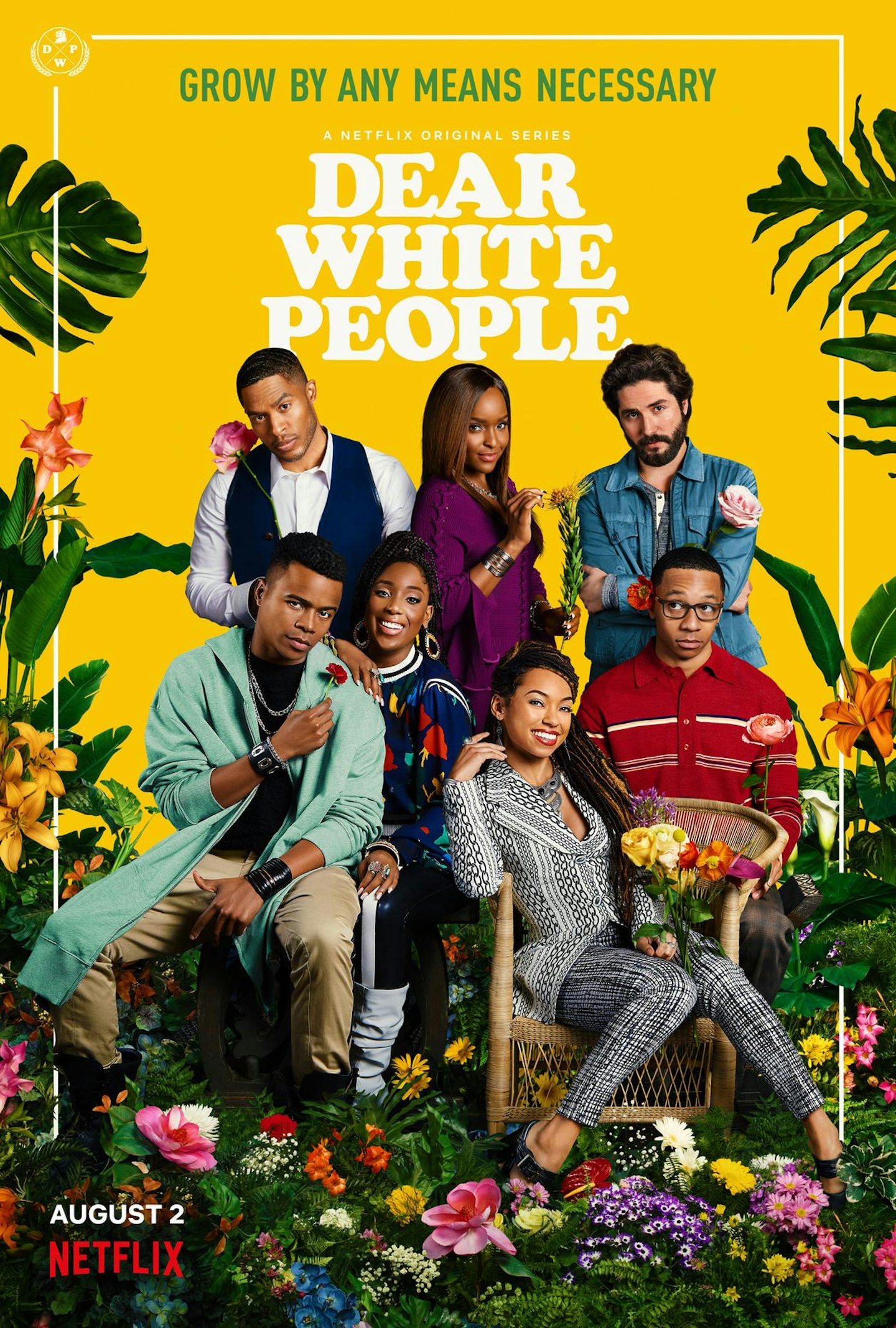 1 of 23
1 of 23Dear White People
A Netflix series following several Black college students at a largely white Ivy League school – based on the film of the same name (which can be rented on Amazon Prime).
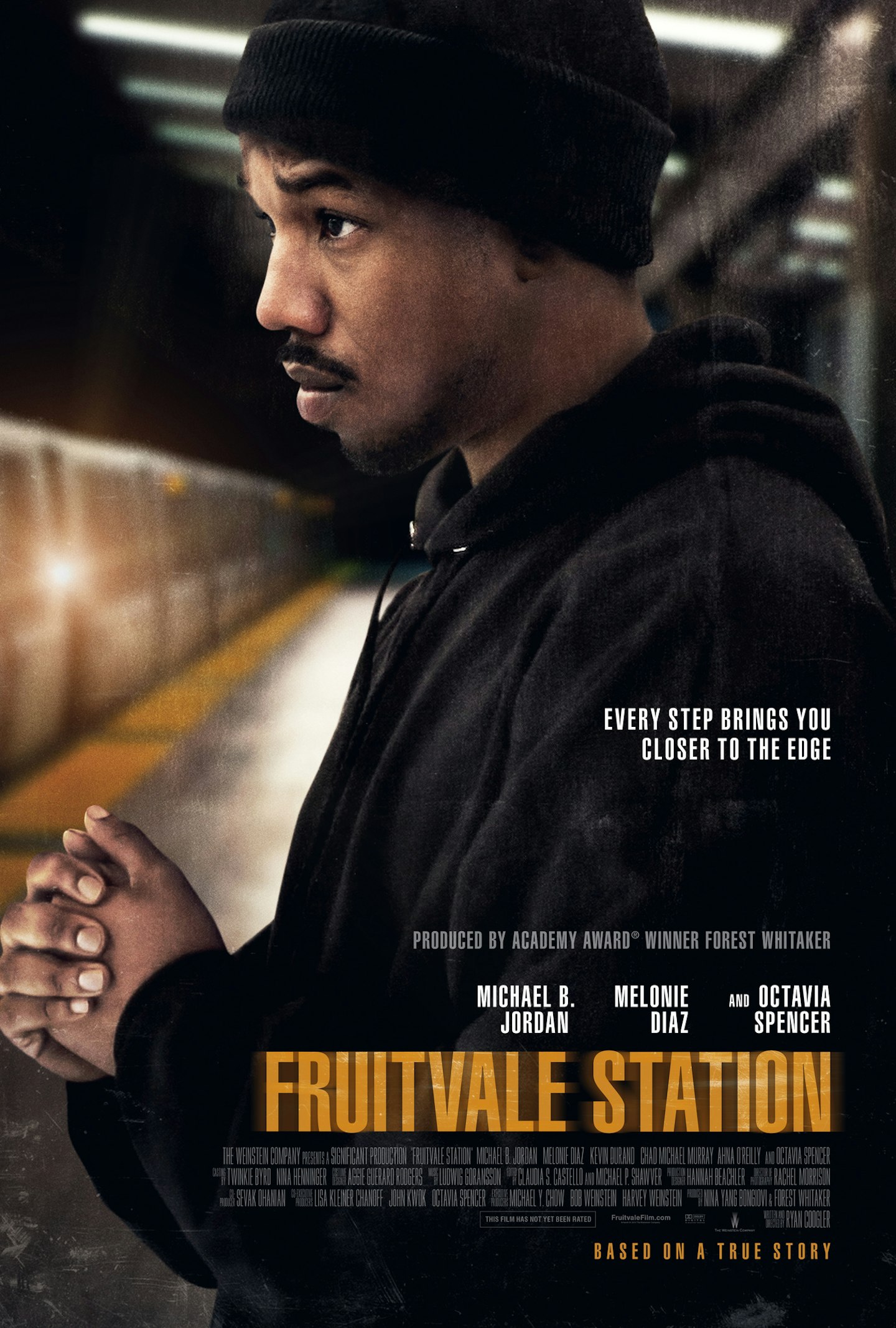 2 of 23
2 of 23Fruitvale Station
Michael B Jordan stars in this biographical film about the events leading to the death of Oscar Grant, who was killed in 2009 by a BART police officer, Johannes Mehserle. Available to watch on Netflix.
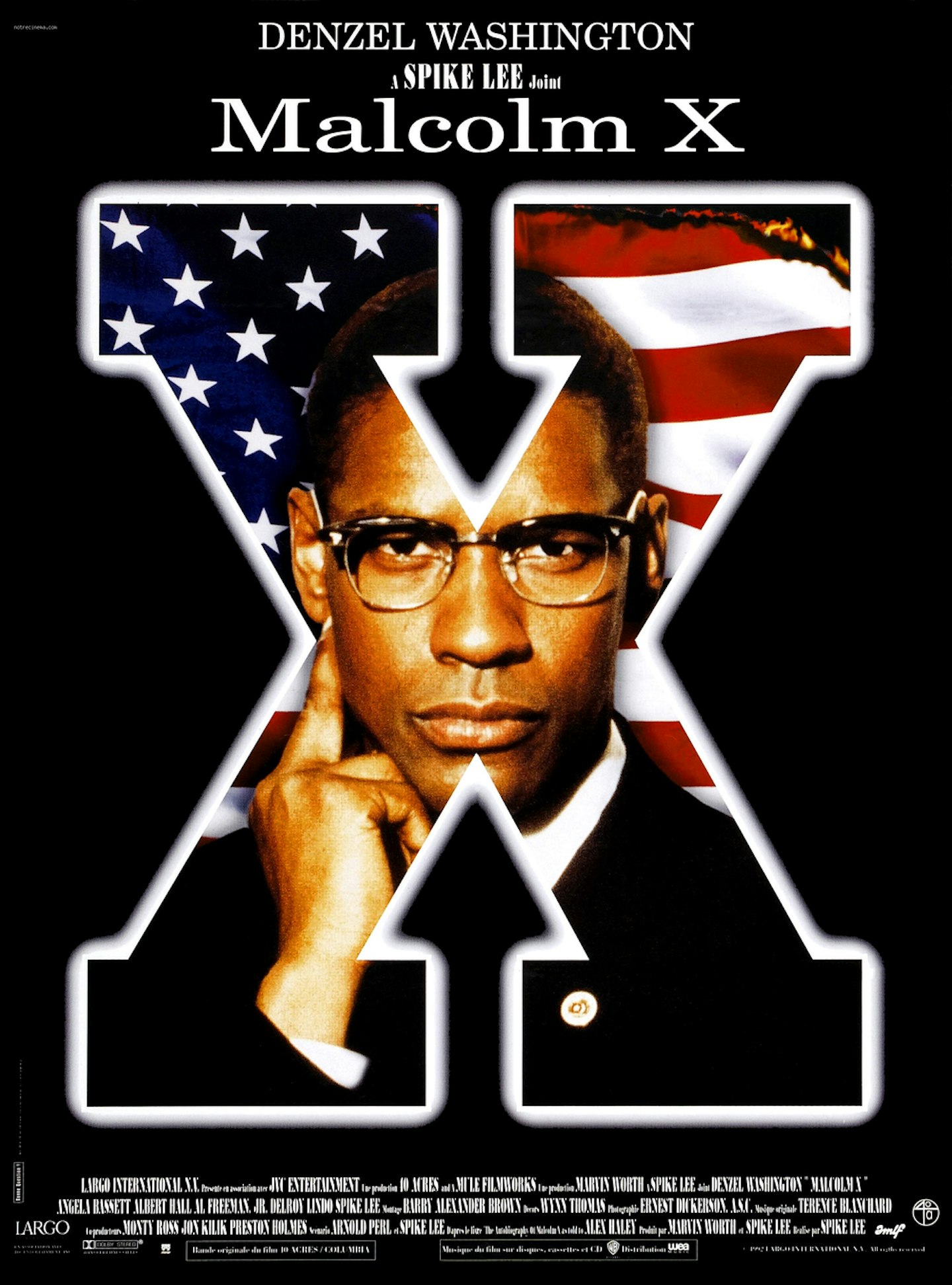 3 of 23
3 of 23Malcolm X
A biographical film of activist Malcolm X, directed and co-written by Spike Lee and starring Denzel Washington. Available to rent on Amazon.
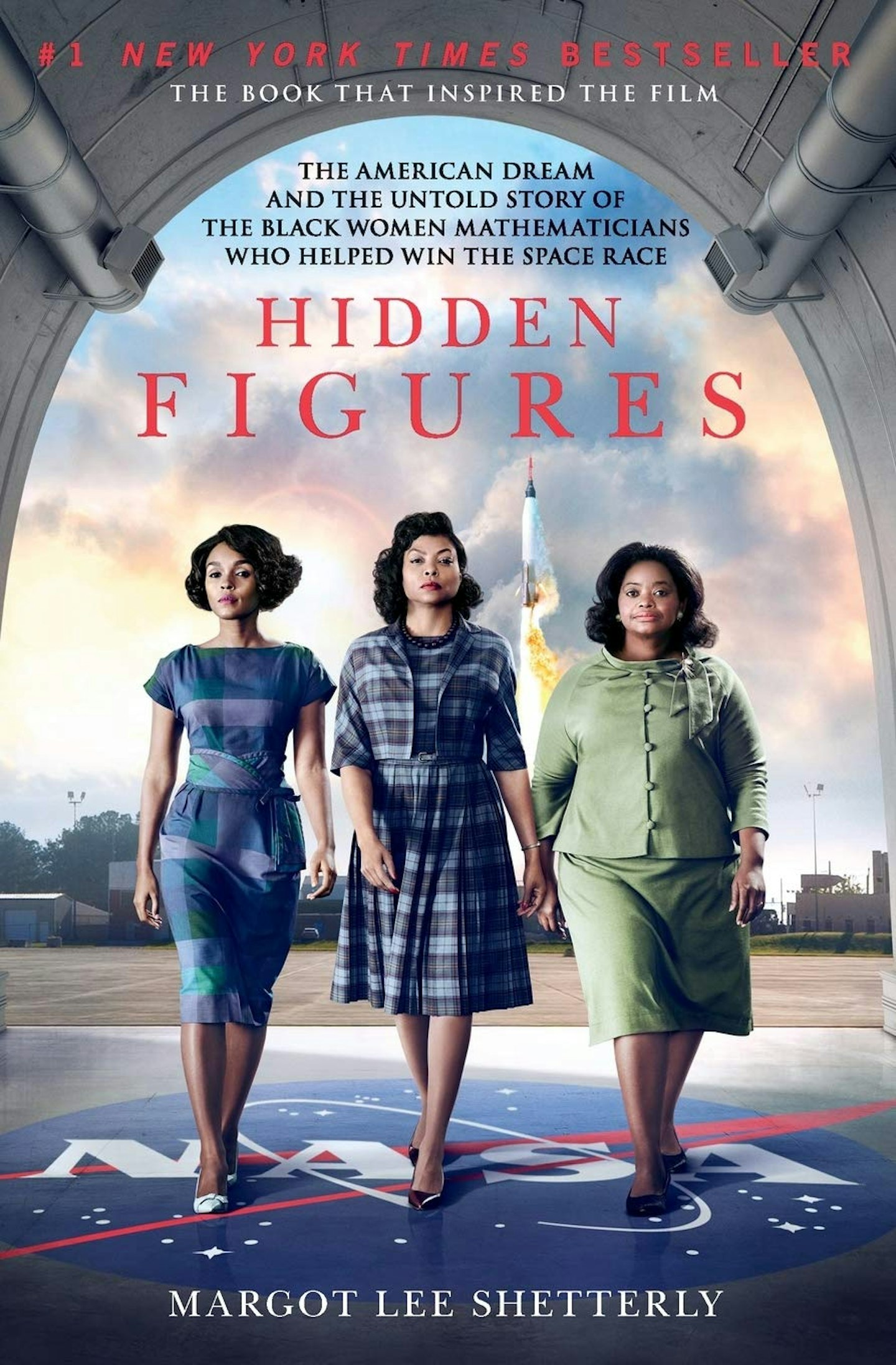 4 of 23
4 of 23Hidden Figures
The true story of three African-American women working at NASA as mathematicians, starring Taraji P. Henson as Katherine Johnson. Available to rent on Amazon Prime.
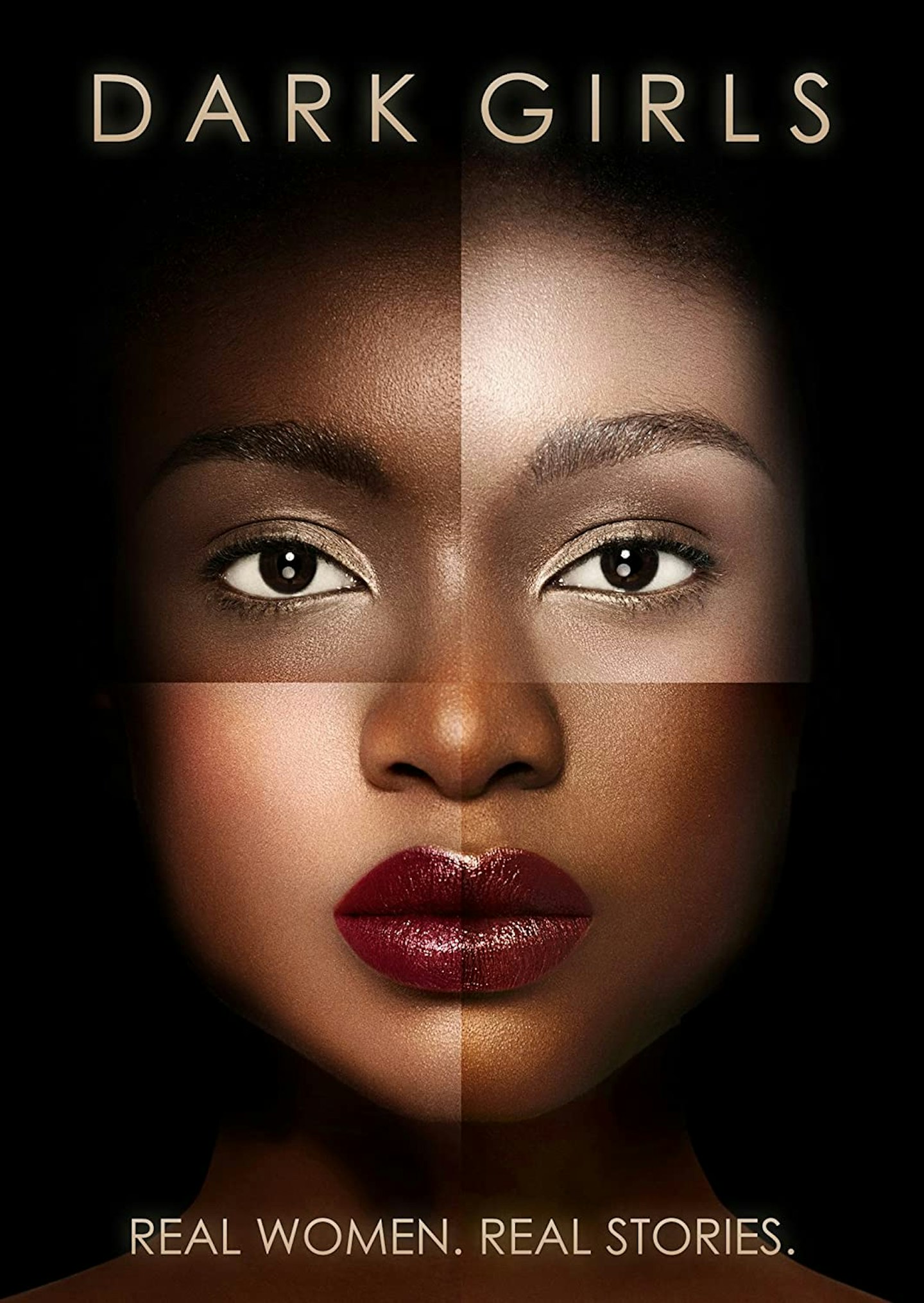 5 of 23
5 of 23Dark Girls
A documentary about the prejudices and cultural bias dark-skinned women face around the world. Available to rent on Amazon.
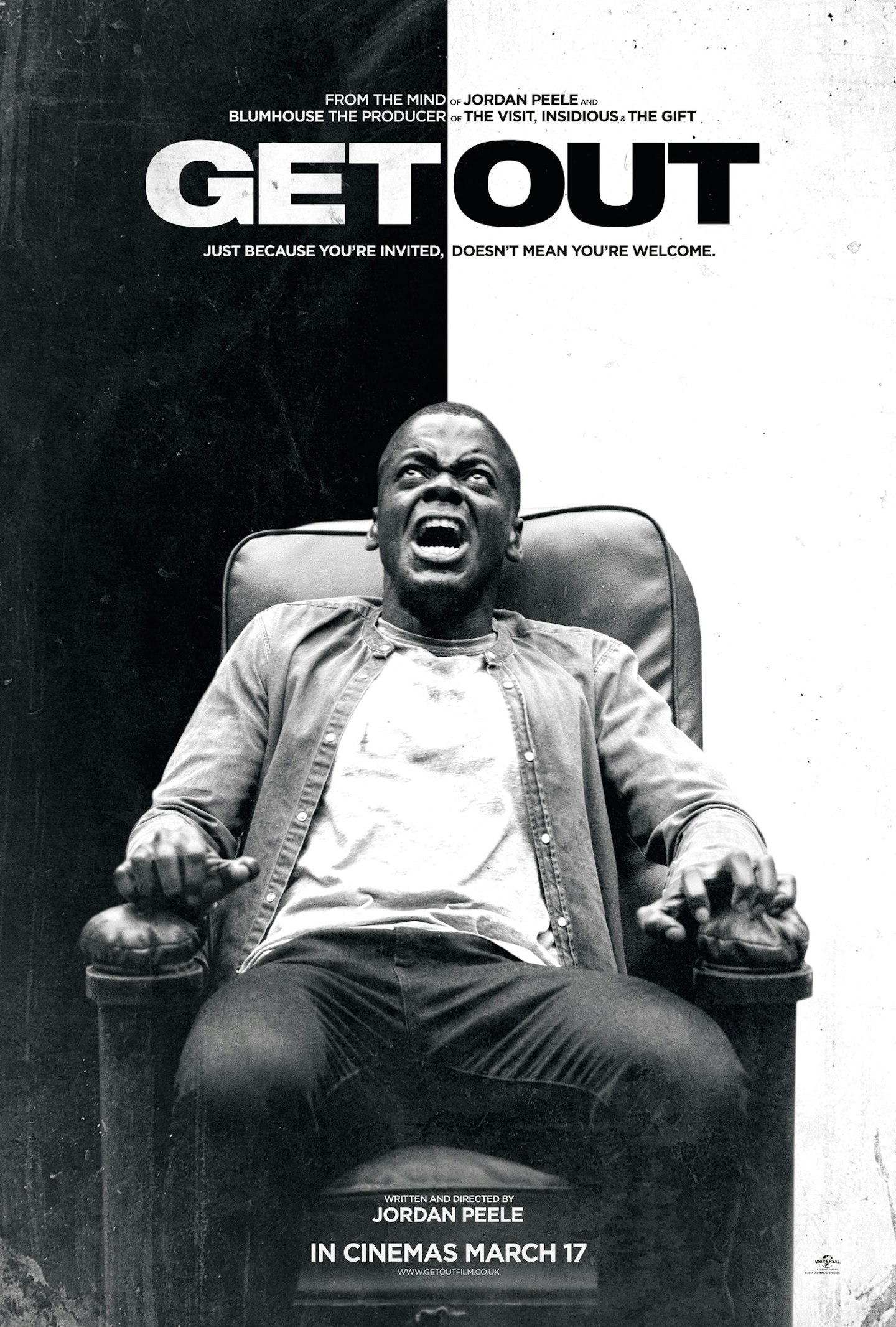 6 of 23
6 of 23Get Out
A horror film written and directed by Jordan Peele starring Daniel Kaluuya as a man who uncovers a disturbing secret when he meets the family of his white girlfriend. Available to rent on Amazon.
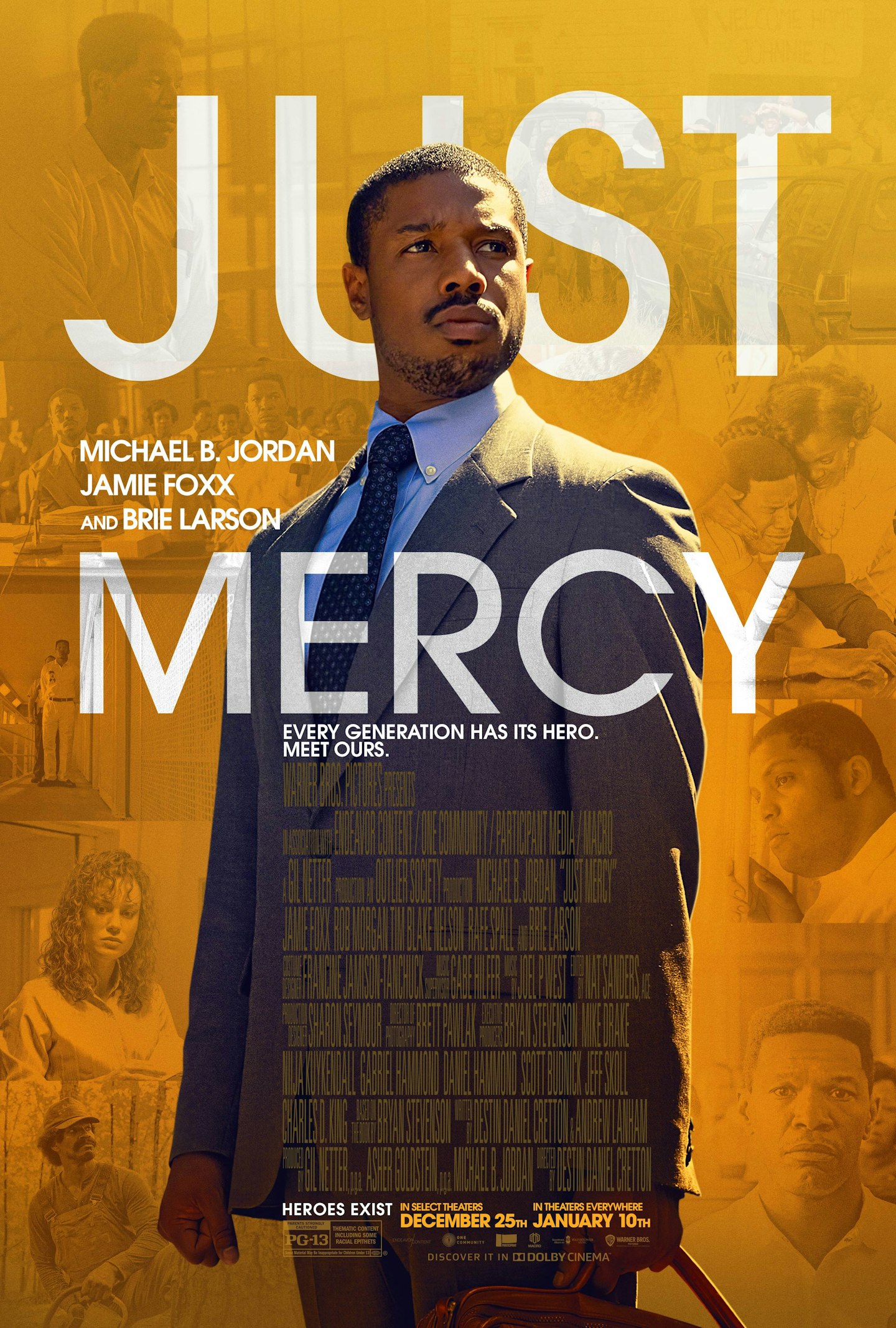 7 of 23
7 of 23Just Mercy
The true story of lawyer, Bryan Stevenson, battling to overturn the wrongful murder conviction of Walter McMillian. Available to rent on Amazon.
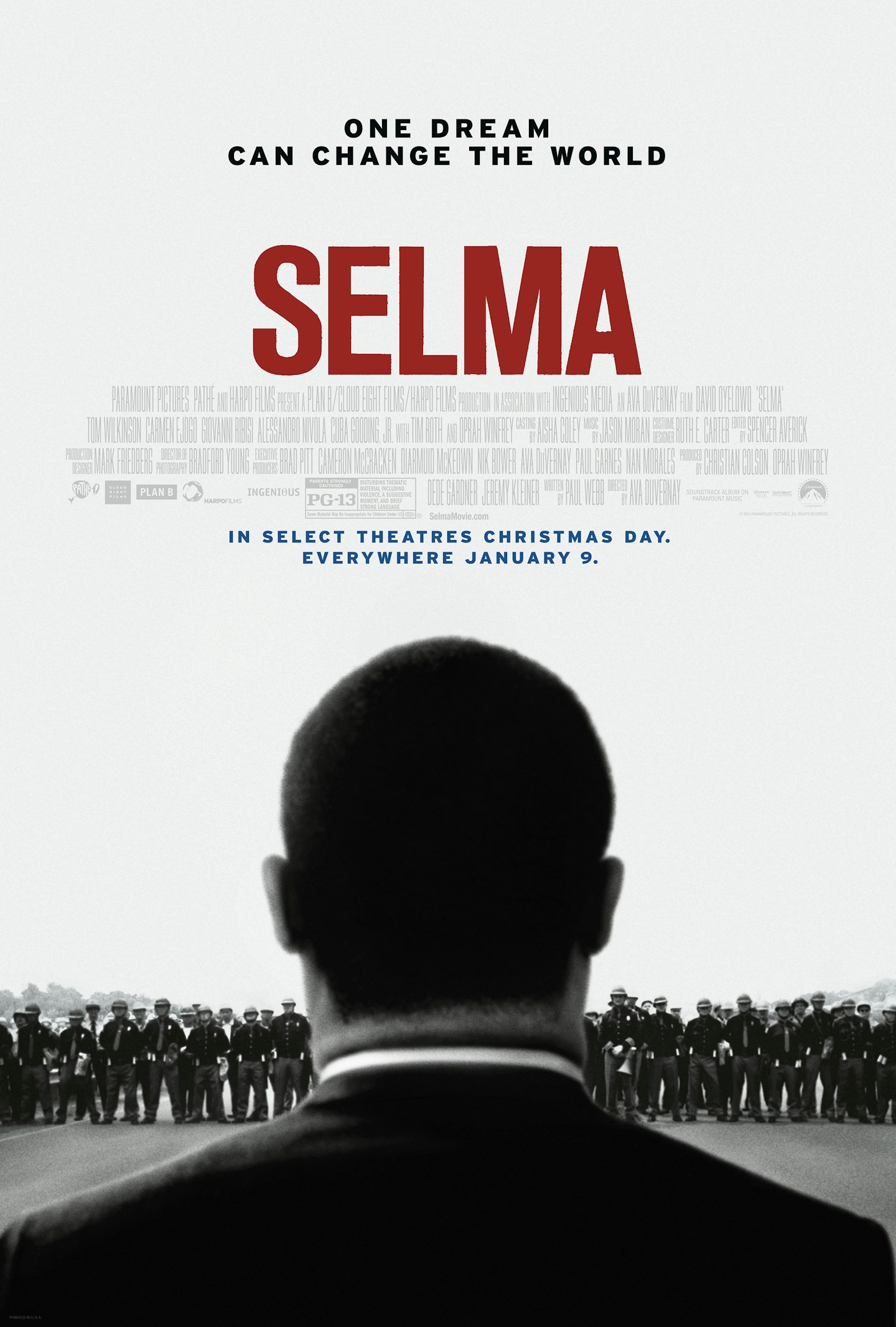 8 of 23
8 of 23Selma
This Ava DuVernay-directed film is based around Dr. Martin Luther King Jr. (David Oyelowo) and his followers' historic march from Selma to Montgomery. Available to rent on Amazon Prime.
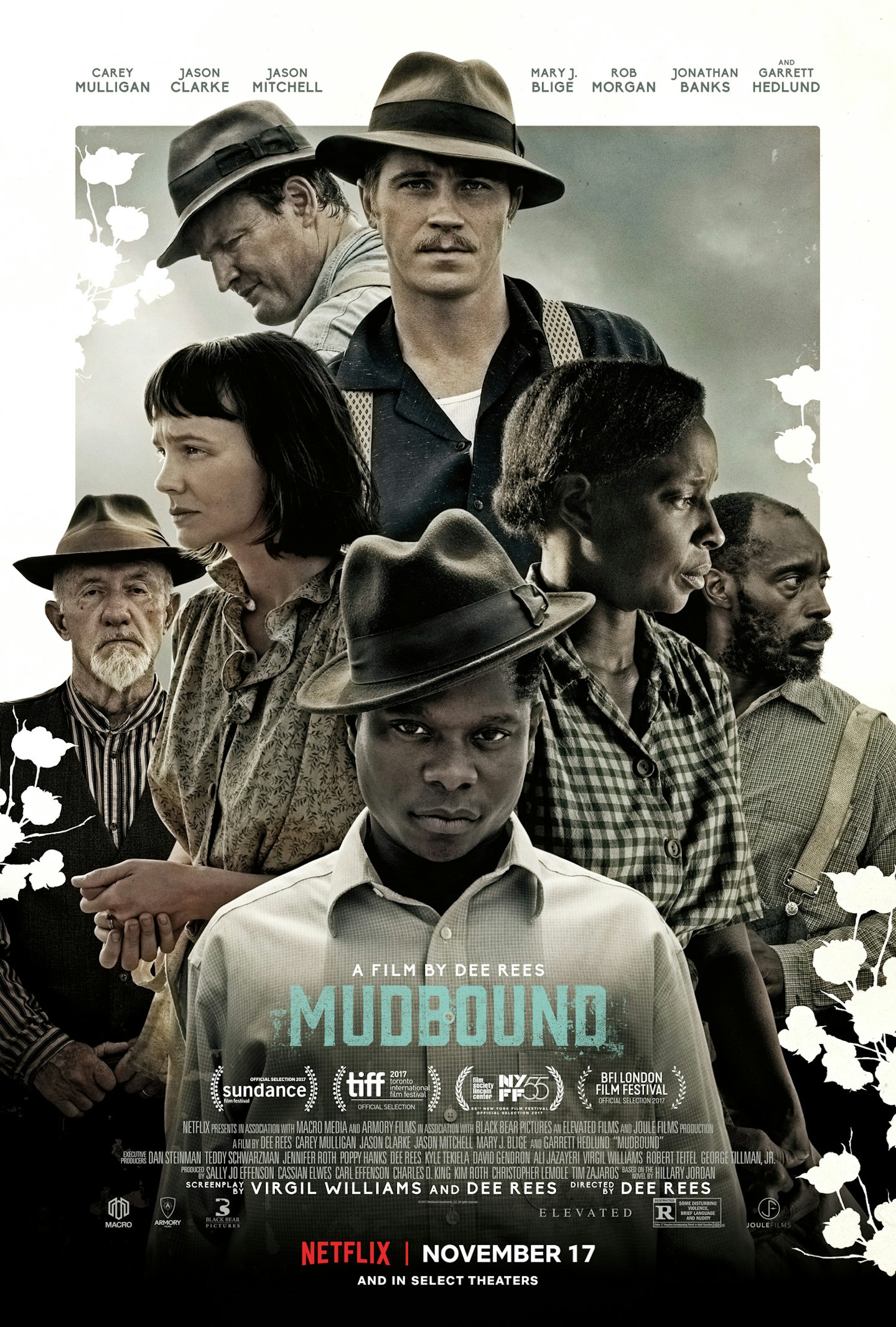 9 of 23
9 of 23Mudbound
Two Mississippi families – one Black, one white – confront the brutal realities of prejudice, farming and friendship in this Netflix series.
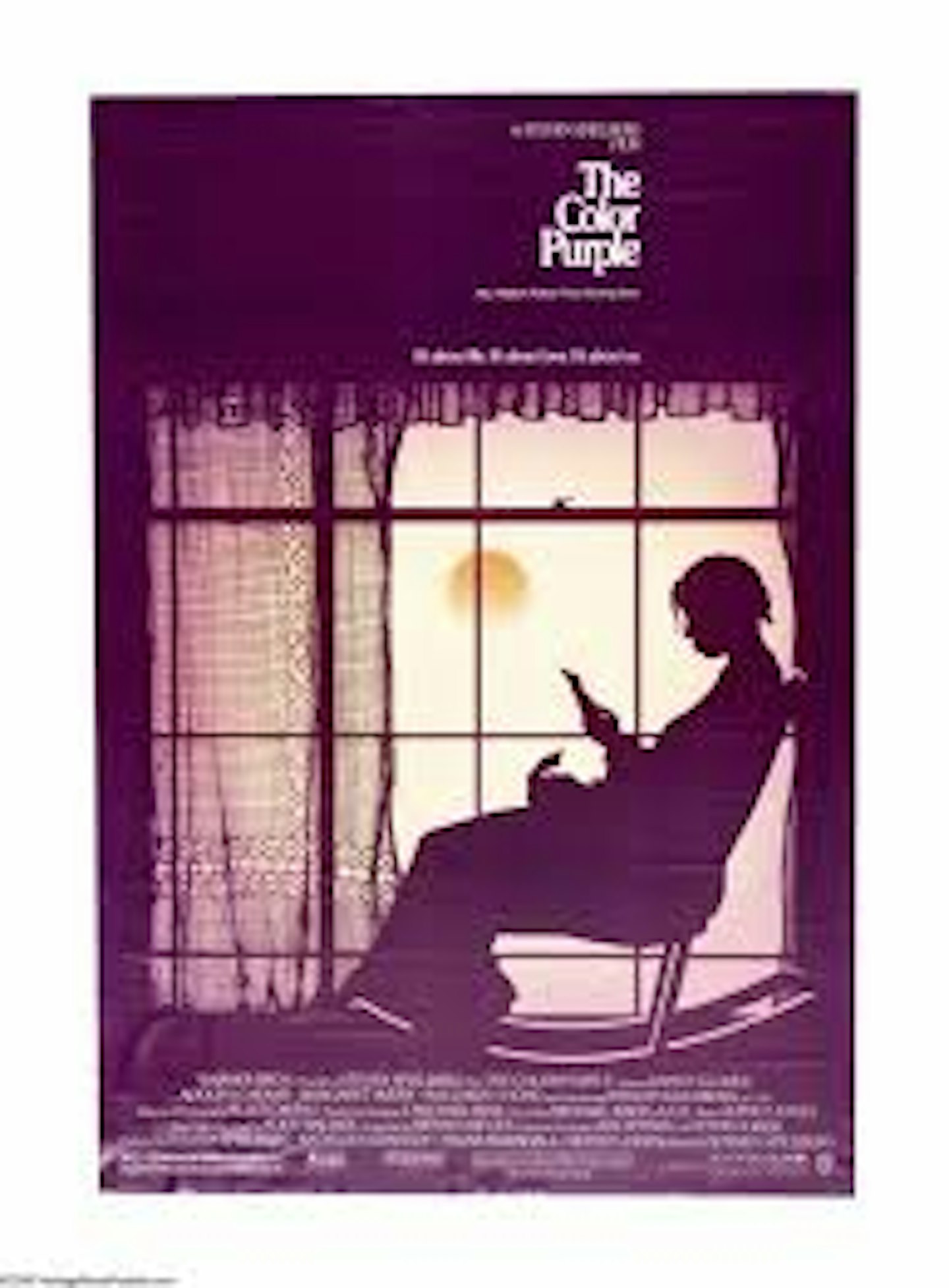 10 of 23
10 of 23The Color Purple
Based on the Pulitzer-winning book by Alice Walker, the film follows Celie, a black woman growing up in the early 1900s. Available to rent on Amazon.
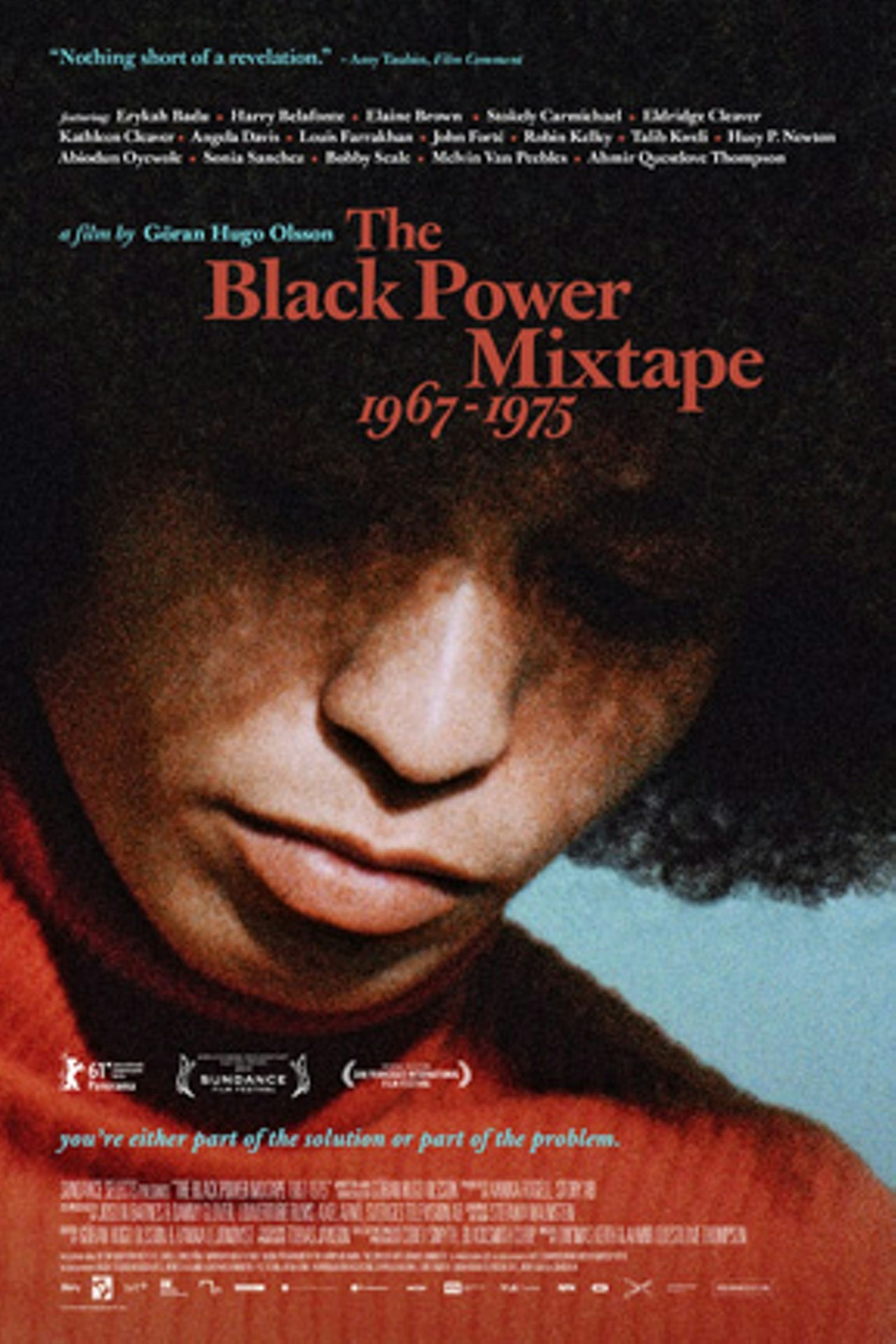 11 of 23
11 of 23The Black Power Mixtape 1967-1975
Many of the interviews that have been shared on social media this week feature in this film – a documentary about the Black Power movement through the eyes of Swedish journalists and filmmakers who'd travelled to report on it. You can buy the film on DVD.
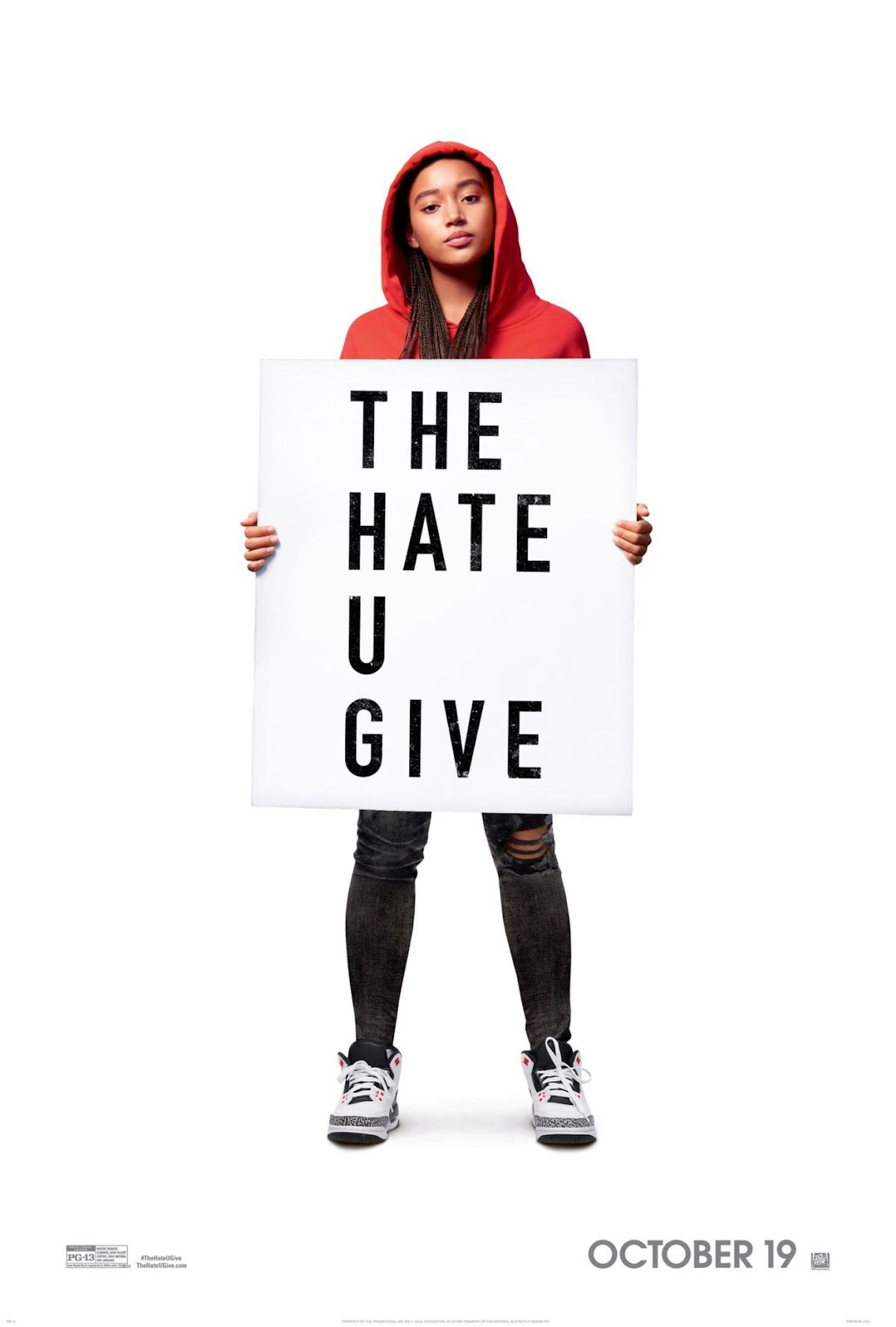 12 of 23
12 of 23The Hate U Give
This movie, based on the book of the same name by Angie Thomas, tells the story of Starr Carter, who witnesses the fatal shooting of her childhood best friend by police. Available to buy on Amazon.
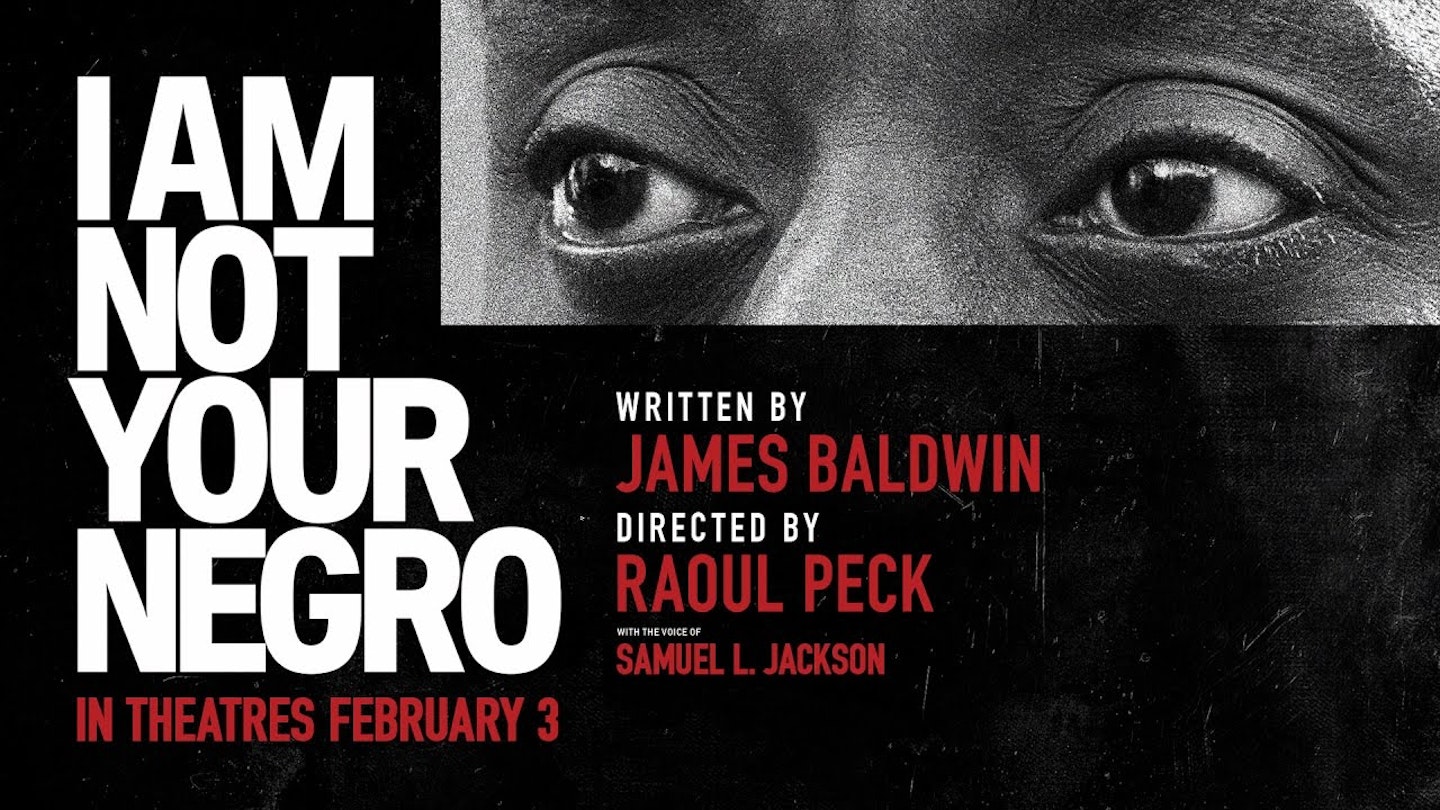 13 of 23
13 of 23I Am Not Your Negro
Told in the words of James Baldwin, through personal appearances and the text of his final unfinished book, I Am Not Your Negro touches on the lives and assassinations of Malcolm X, Martin Luther King Jr and Medgar Evans to discuss how the image and reality of Black people in America today is fabricated and enforced. Available on Amazon.
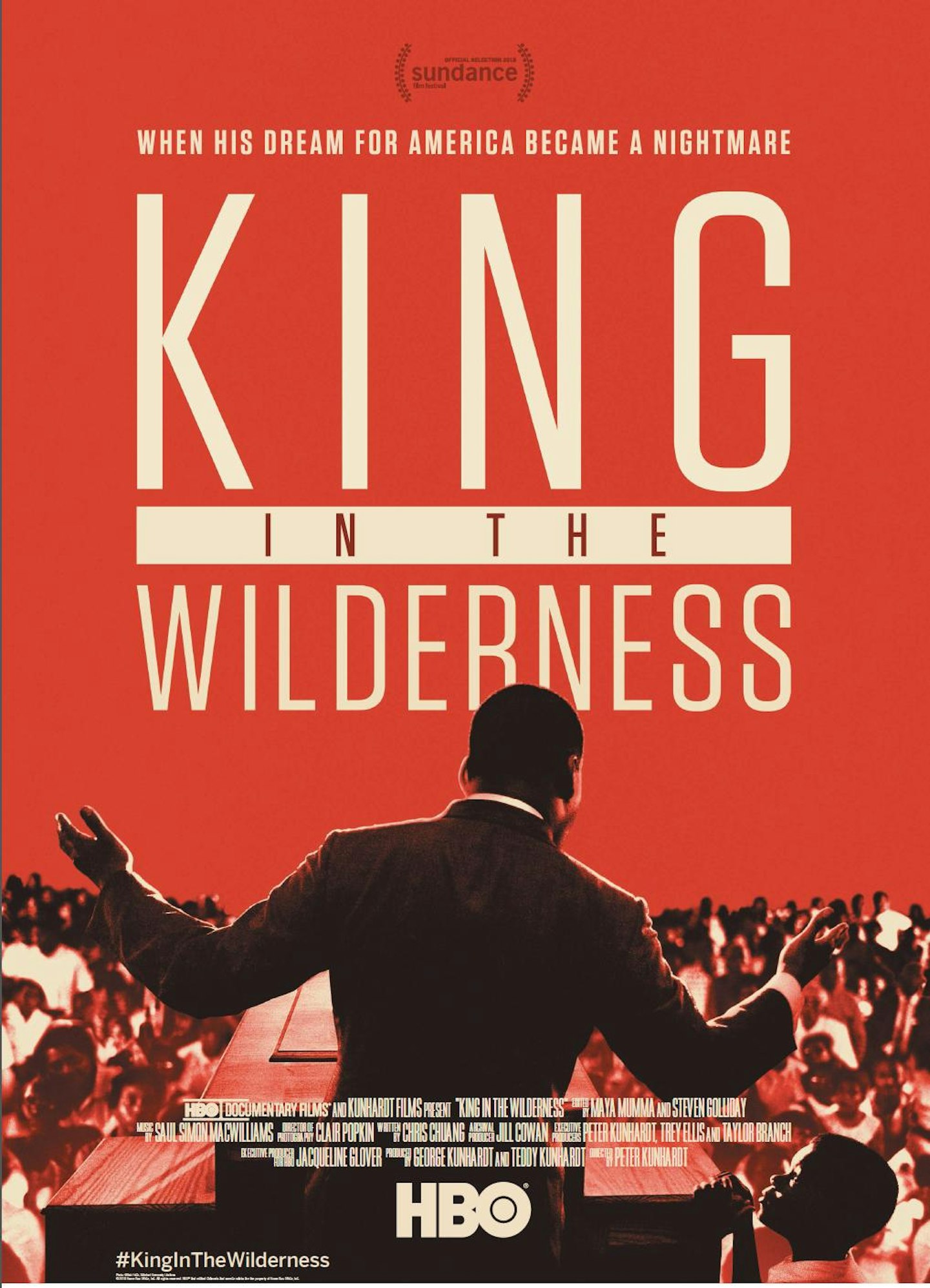 14 of 23
14 of 23King In The Wilderness
An HBO documentary chronicling the final 18 months of Martin Luther King Jr's life. Available to stream on Amazon.
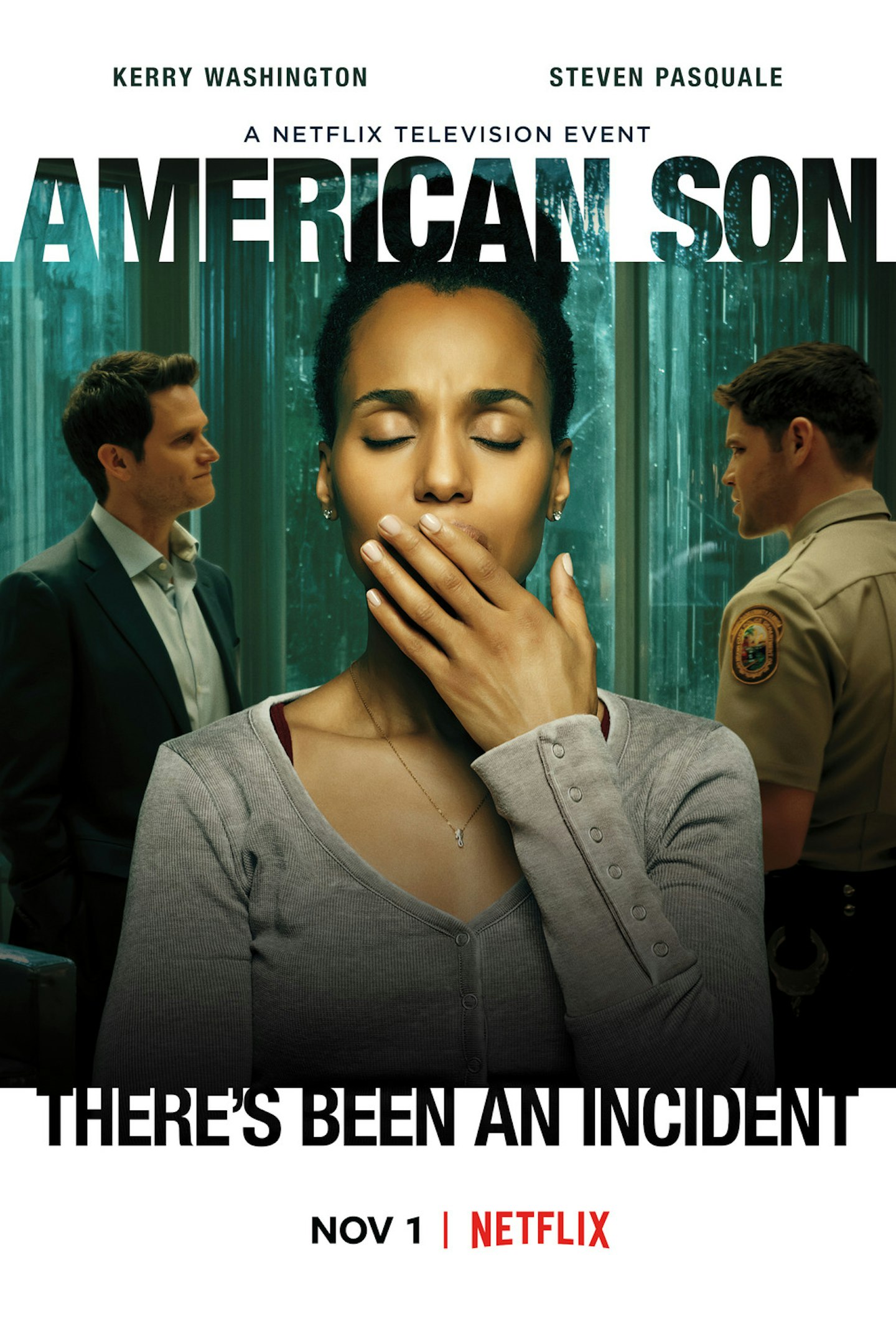 15 of 23
15 of 23American Son
Kerry Washington stars in this film about an estranged interracial couple awaiting news on their missing teenage son in a Florida police station. Available on Netflix.
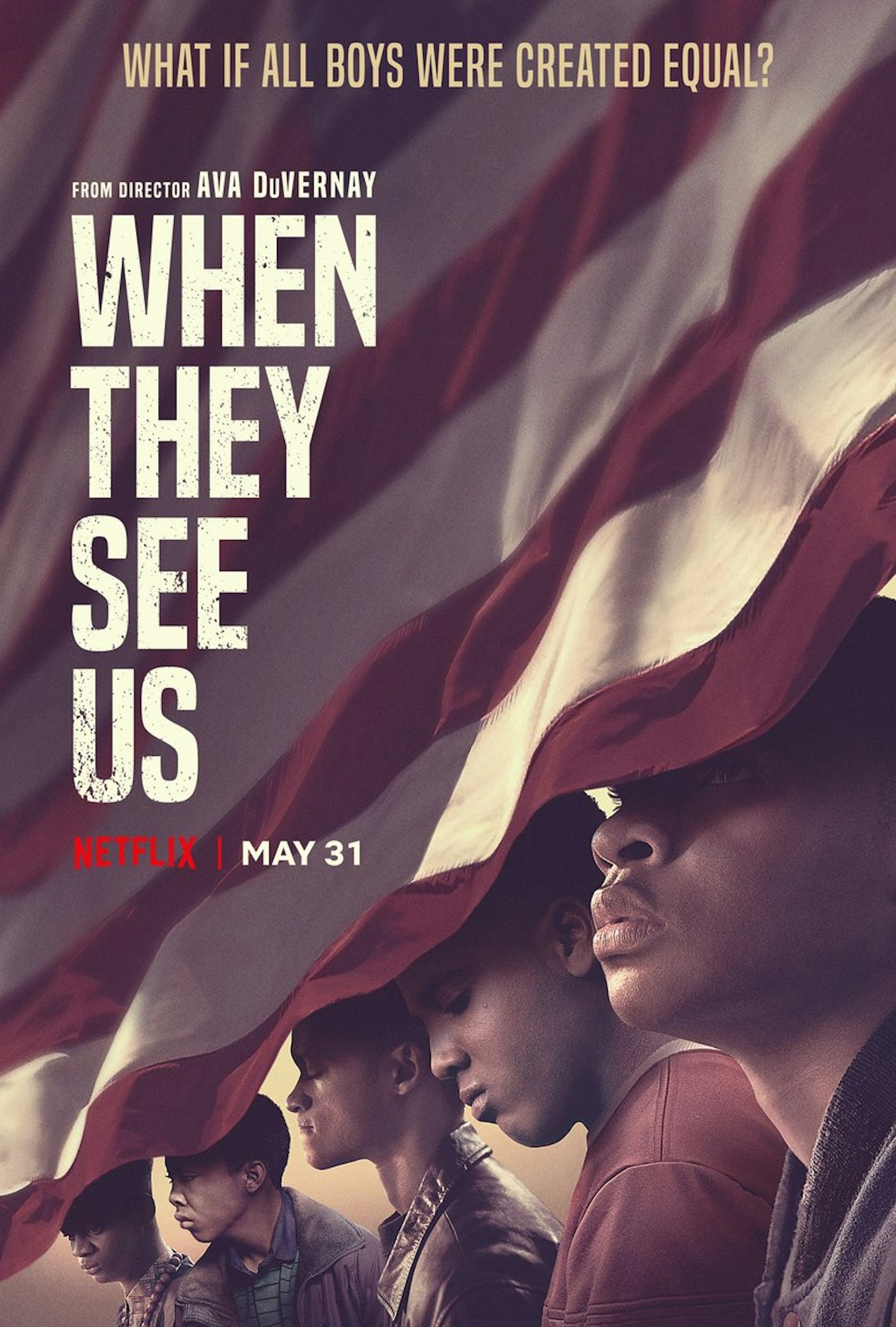 16 of 23
16 of 23When They See Us
A series created, co-written and directed by Ava DuVernay about the events of a 1989 rape case, and the Central Park 5, who were wrongly imprisoned for a violent rape and assault. The series is available on Netflix.
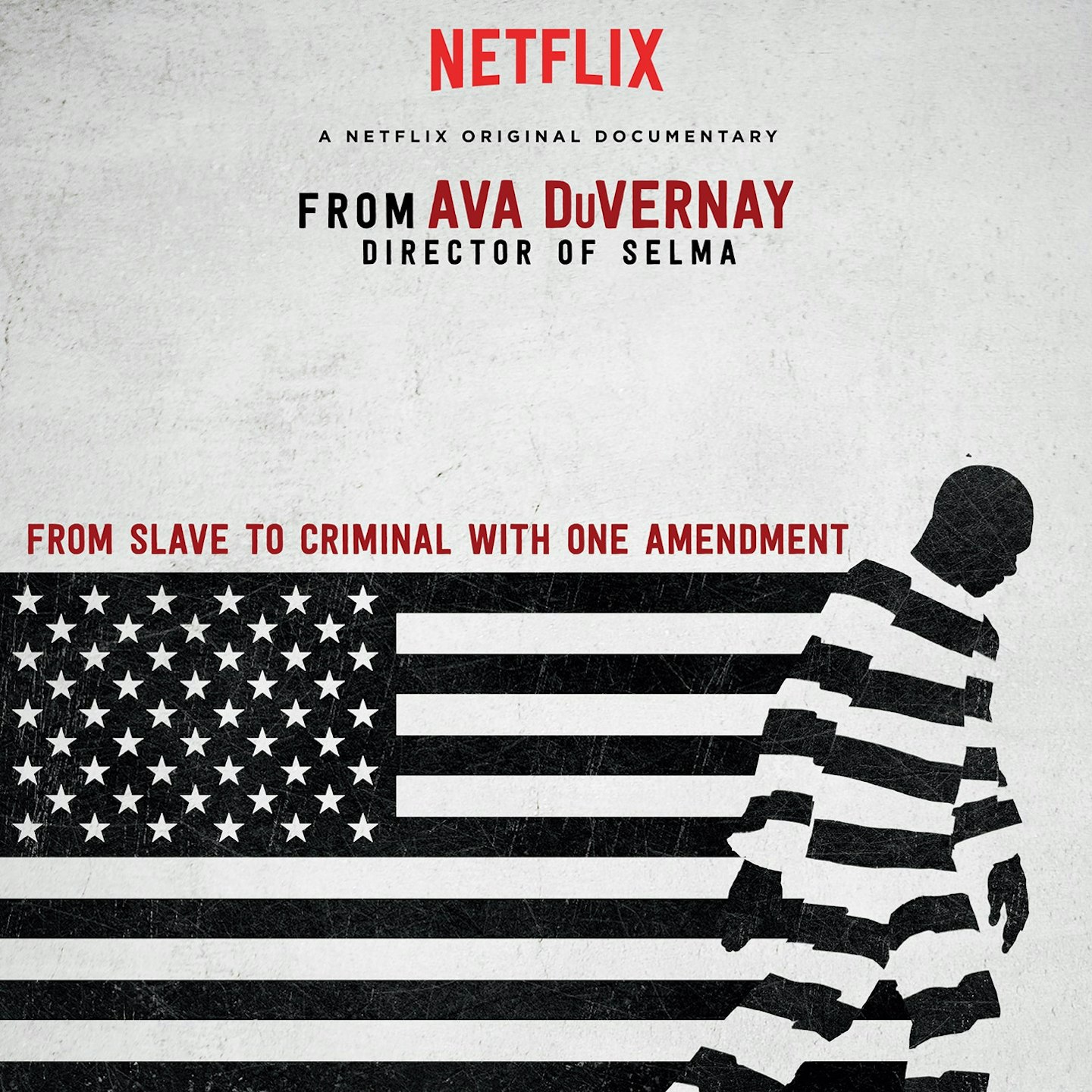 17 of 23
17 of 2313th
This documentary by Ava DuVernay includes scholars, activists and politicians, analysing the criminalisation of African-Americans and the US prison boom. Available on Netflix.
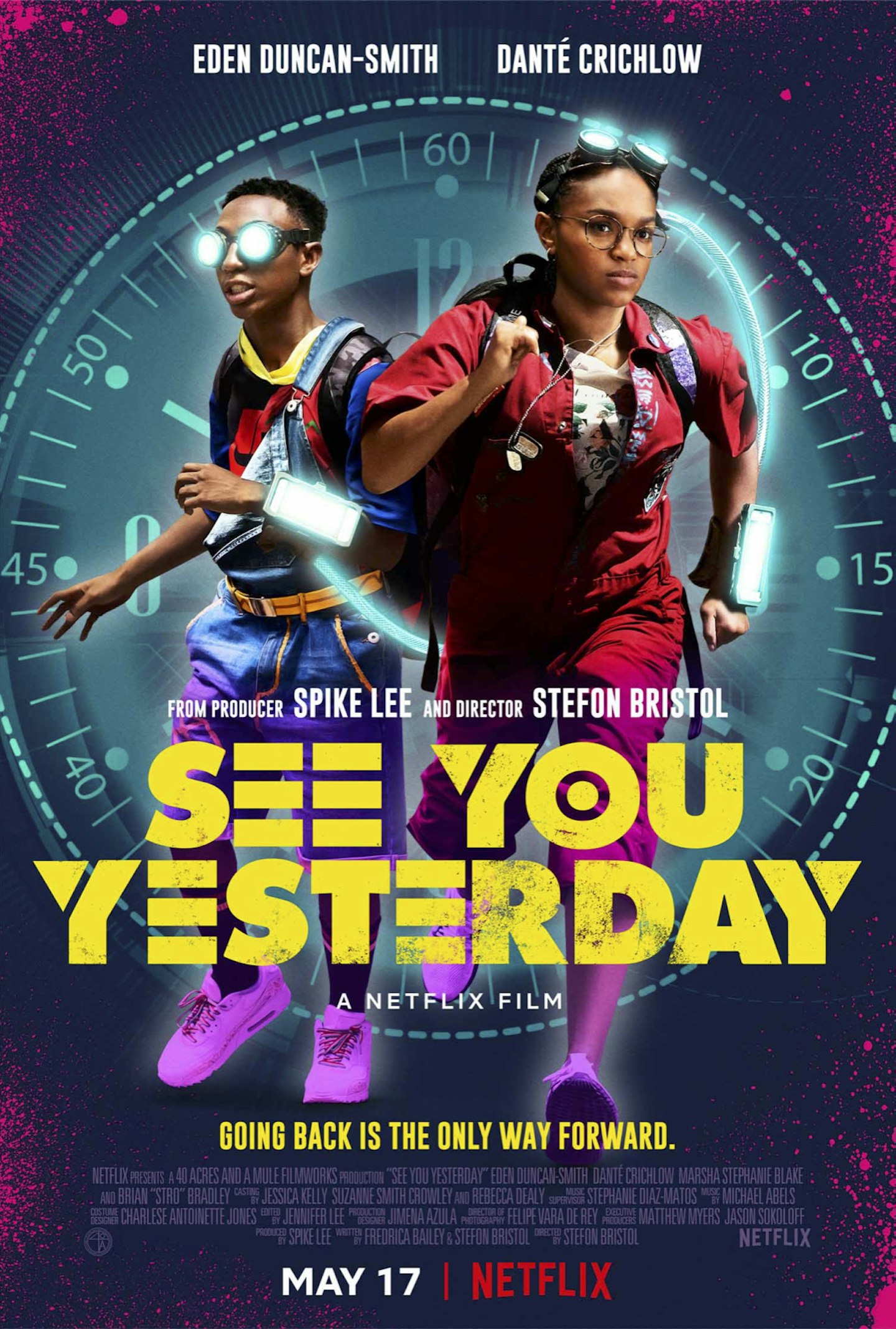 18 of 23
18 of 23See You Yesterday
This sci-fi film sees two teen prodigies trying to master time travel, as a tragic police shooting sends them on a series of dangerous trips to the past. Available on Netflix.
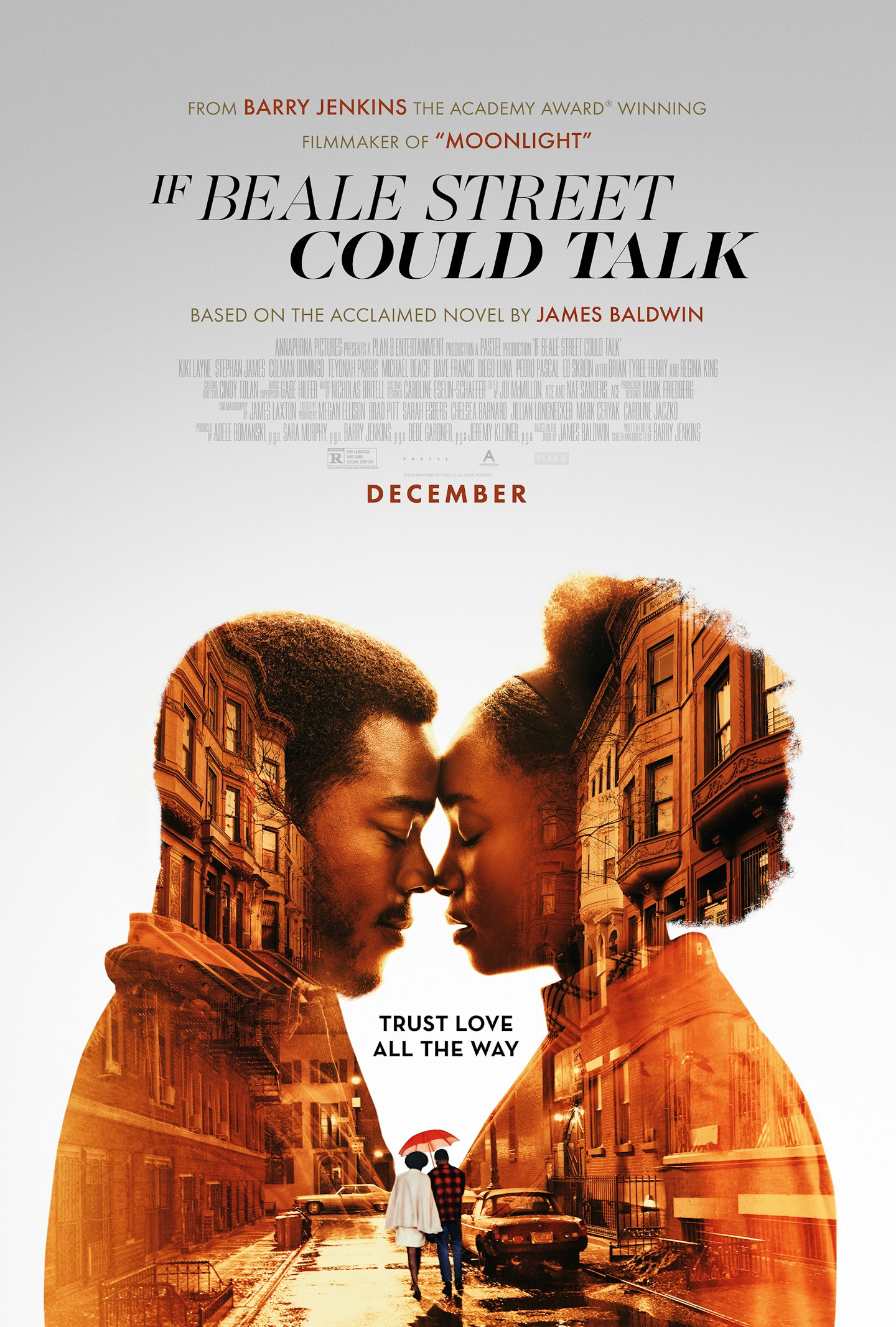 19 of 23
19 of 23If Beale Street Could Talk
Barry Jenkins wrote and directed this film, based on James Baldwin's 1974 novel about a Harlem couple torn apart by a wrongful arrest. Available to watch on Amazon Prime.
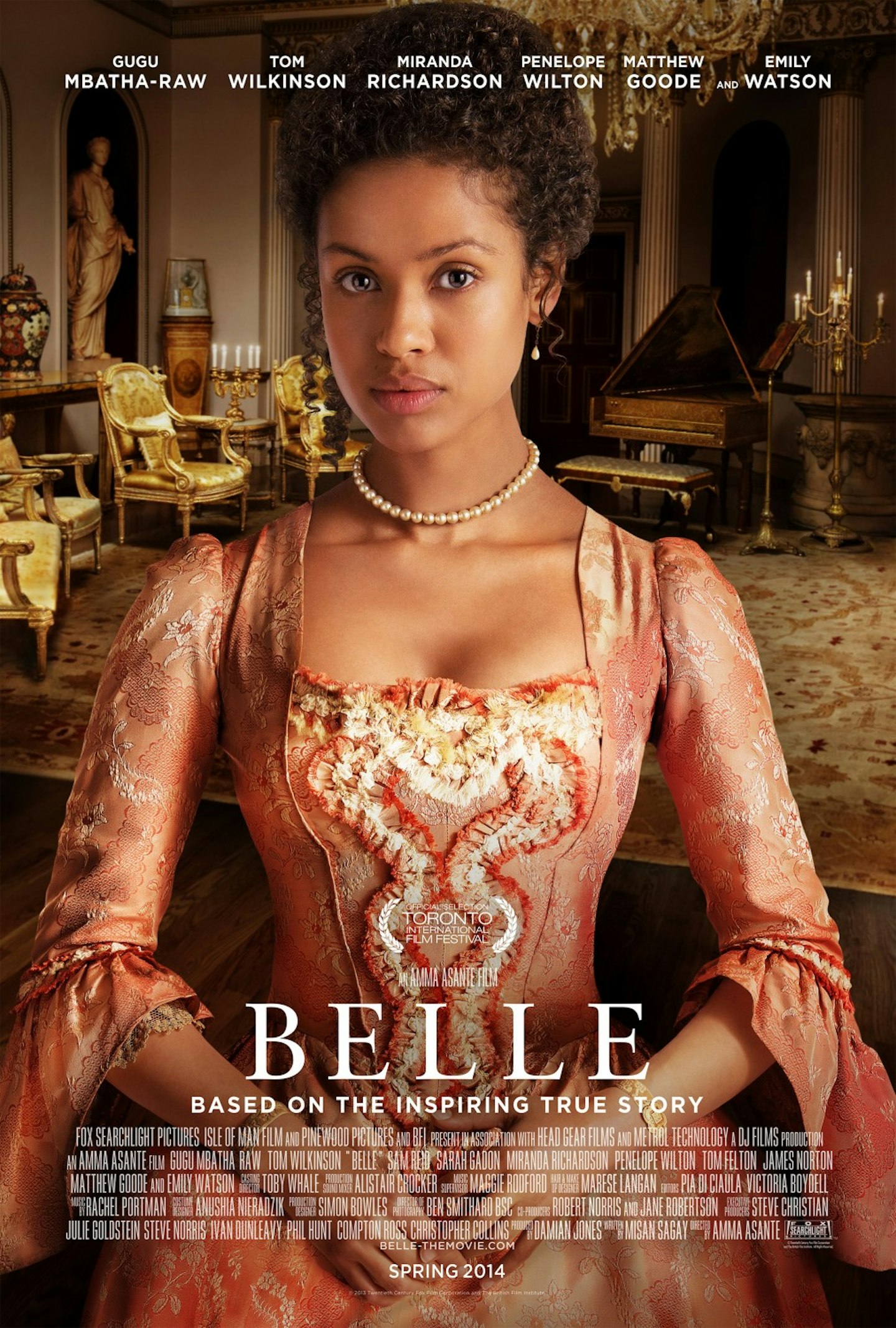 20 of 23
20 of 23Belle
Amma Asante's film is inspired by the 1779 painting of Dido Elizabeth Belle – the illegitimate mixed-race child of Sir John Lindsay – alongside her cousin, Lady Elizabeth Murray, which hangs in Kenwood House, London. The fictional story centres on Dido's relationships within her family and wider society, amidst the reactions to the Zong massacre, where slaves were thrown overboard from a slave ship and the owner filed for the losses with his insurance company. You can hire Belle on Amazon Prime.
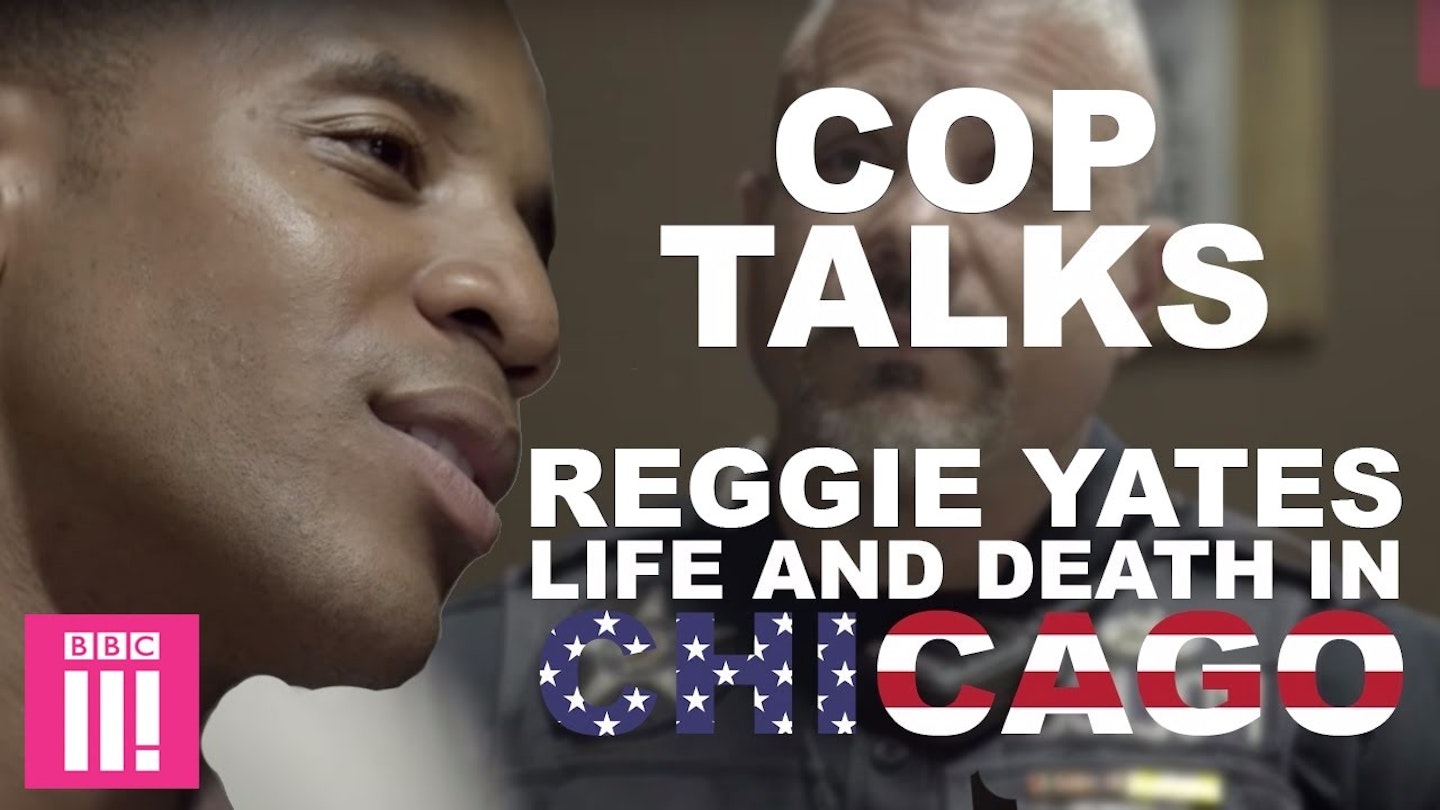 21 of 23
21 of 23Reggie Yates: Life and Death in Chicago
Many of Reggie Yates' ongoing documentaries and Extreme series for BBC Three are important watches. This documentary, which saw him travel to Chicago to examine gun crime in 2016, is available on iPlayer now.
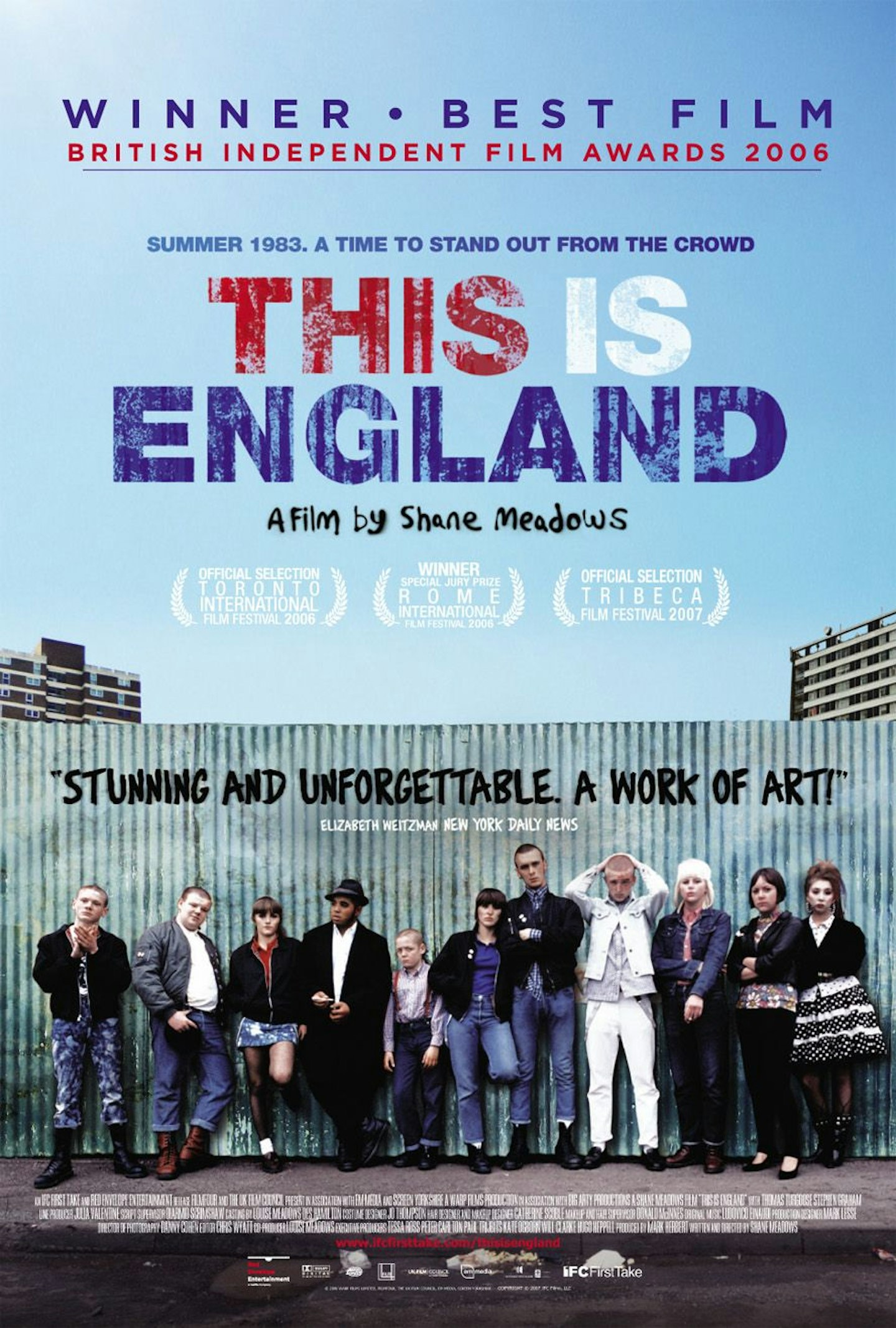 22 of 23
22 of 23This Is England
The Shane Meadows film that spawned the Channel 4 series shows the development of skinhead culture in the 1980s in the UK and how it became hijacked by racist voices. The film is available on Amazon Prime.
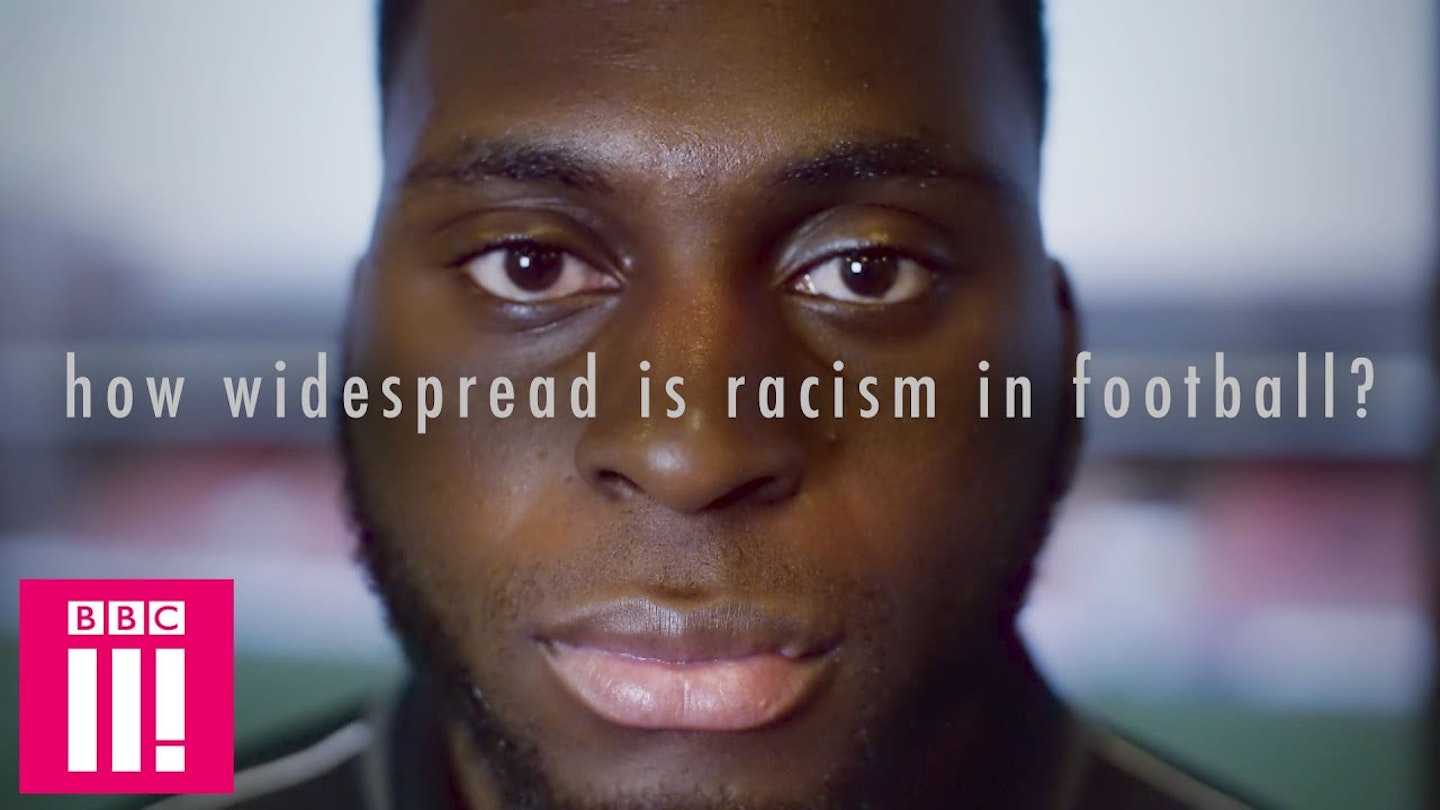 23 of 23
23 of 23Shame In The Game: Racism In Football
This BBC Three documentary, still available on iPlayer, examines the devastating impact of football racism in the UK, as incidents soar and players at every level of the game call for drastic action.
